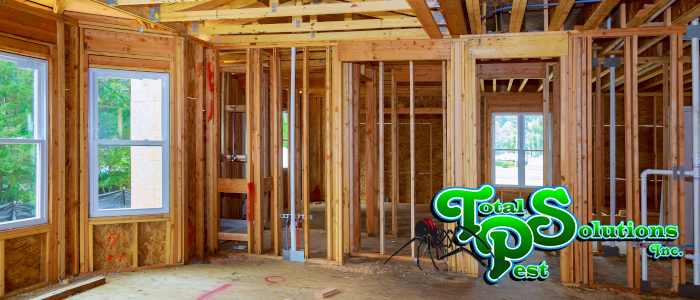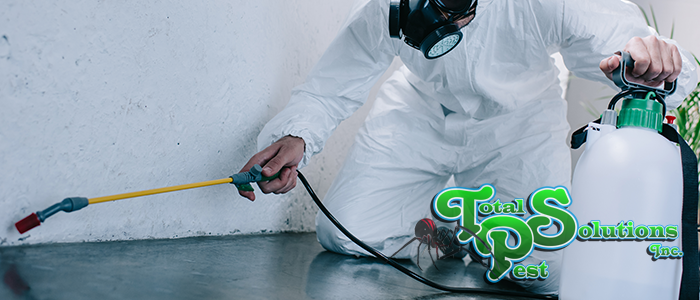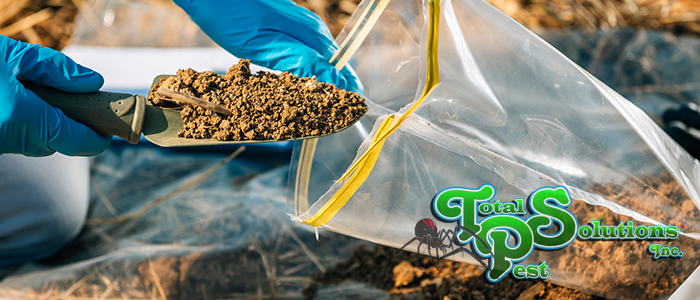
Termite-Proof Your Home: Key Strategies for Protecting Your Property
Termite infestations are a serious concern for homeowners, as these pests can cause significant structural damage to properties. It is crucial to not only address existing infestations, but also take preventative measures to keep termites at bay and termite-proof your home.
This article will provide helpful tips and strategies you can use at home to fight termite infestations, and outline steps to assist in preventing them from infesting your property in the first place.
Fighting Termite Infestations
So, you’ve either determined you have a termite infestation, or you suspect you have one. What should you do?
Identification
Identifying the type of termite infesting your home is essential, as treatment methods may vary. There are two main types of termites – subterranean termites and drywood termites. Subterranean termites typically build mud tubes and require contact with soil, while drywood termites infest dry wood and do not require soil contact.
Baiting
Bait stations are an effective way to control termite populations. These stations contain cellulose-based baits that are treated with an insecticide that termites ingest and share with their colony, eventually eliminating the entire colony. Place some of these bait stations around your property’s perimeter, and monitor them regularly for termite activity.
Termiticides
Liquid termiticides are applied to the soil around your property’s foundation to create a barrier that termites cannot cross. These chemicals can effectively kill termites and protect your home from future infestations, but consult with a pest control expert for proper application methods to be sure that they work to their maximum effectiveness.
Exterminators
If you have a severe termite infestation, it is best to seek help from a professional pest control company rather than trying to get rid of them on your own. An exterminator has the expertise, tools, and chemicals necessary to effectively treat and eliminate termite infestations.
Preventing Termite Infestations
Keeping termites away both before and after an infestation has occurred is just as vital as treating the termite problem itself. Here are a few things that you can do around your home or property to lower the chance of an infestation starting or recurring.
Reduce Moisture
Termites are attracted to moisture, so it is essential to eliminate any sources of excess moisture around your property. Repair any leaking pipes, ensure proper drainage around the property, and make sure to maintain gutters and downspouts to keep moisture levels in check.
Relocate Firewood Storage
Firewood stacks are attractive to termites, so be sure that you store them at least 20 feet away from your property and ensure they are elevated off the ground to make them less enticing to these troublesome feeders.
Regularly Inspect Property
Regularly inspect your home for any signs of termite activity, such as mud tubes, discarded wings, or damaged wood. Detecting a potential infestation early on can help prevent damage as well as costly repairs.
Maintain Barriers Between Wood and Soil
To prevent termites from entering your home, try to maintain at least an 18-inch gap between any wood structures—such as siding, porches, and staircases—and the soil.
Take Care of Cracks, Holes, and Gaps
Termites can enter your property through the smallest cracks and holes, so check your property thoroughly for them and seal them off when you discover them.
Conclusion on How to Termite-Proof Your Home
Termite infestations can be a homeowner’s worst nightmare, but with the proper strategies and termite-proof preventative measures, you can keep these wood-munching pests at bay.
By identifying the type of termite infesting your home, using bait stations and liquid termiticides, and seeking professional help like Total Pest Solutions when necessary, you can effectively fight termite infestations when they’ve started, and making use of preventative measures can help protect your property.
continue reading
Related Posts
Rat Infestation: A Nightmare in Your Home As a homeowner, […]
Don’t Let Pests Take Over: The Top 5 Signs You […]
Unleashing the Secrets: How Soil Testing Can Benefit Your Lawn […]






